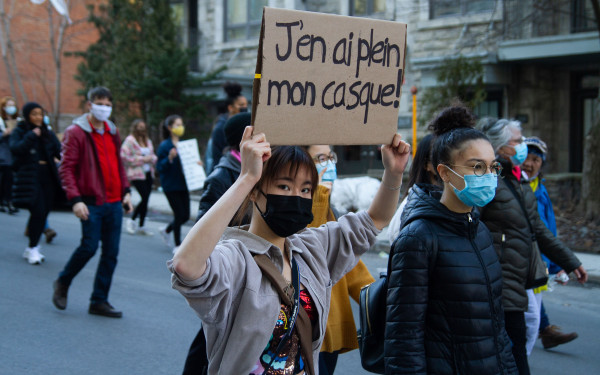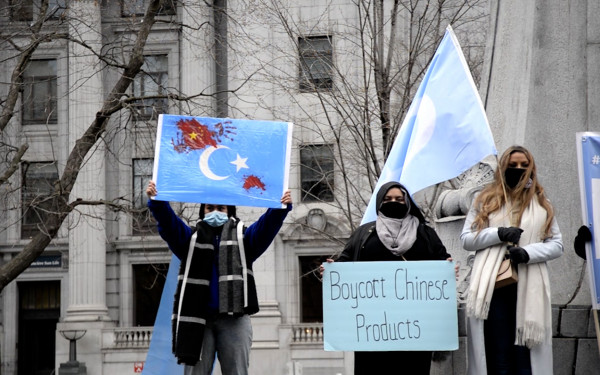Visiting Professor Examines China-Japan Tension
Political Science Department Gives Talk on Senkaku Islands Dispute
The dispute over sovereignty of the Senkaku Islands—and the gas deposits they give access to—came to Concordia on Oct. 31 in a talk sponsored by the Department of Political Science.
Ownership over the islands has become a serious risk for conflict between China and Japan. Dr. Akio Takahara of Tokyo University addressed the issue in his speech titled “Domestic Factors in China’s External Policy: The Case of Japan-China Relations.”
“Japanese tenure of the islands would give it access to economic resources on the Chinese continental shelf, which under the UN Law of the Sea, would otherwise belong exclusively to China,” explained Concordia political science professor Julian Schofield by email to The Link.
Takahara explained that Japan is worried about China’s rapid rise in power. Organisations such as the Association of Southeast Asian Nations help other states in the region work to build economic cooperation between East Asian states.
He said that East Asian states should seek a democratic order “supported not only by power, but by principles and norms shared by the member states.”
The presentation focused on the concept of East Asian regionalism and Japan’s concerns that the rise of nationalism, which was equated with xenophobia and neo-maoism in the lecture, in China is counterintuitive to cooperation between the two states.
Although the 2010 Senkaku boat collision, where a Chinese fishing boat near the islands collided with a Japanese Coast Guard boat and its crew were apprehended, was in Takahara’s power point, he said there wasn’t enough time to explain what it was.
He said the same later in the lecture when he skipped the slide devoted to the Senkaku islands themselves.
Japan’s detention of the skipper on top of the collision itself caused major diplomatic tension between the two states. Even in Japan the government handling of the issue is criticised.
“The Japanese government is intent, in its public diplomacy, on mobilizing awareness of the security implications of the rise of China, and seeking allies,” said Schofield, who specializes in security and strategic studies in south and Southeast Asia.Political science Professor Norrin Ripsman, who, among other things, specializes in constructing regional stability, thought Takahara “did a very good job of trying to present an understanding of both sides of the dispute.” Ripsman also noted that it was obvious the speaker had “opinions which are more consistent with Japanese positions […] he was very open to other interpretations of the question as well.”
When a Chinese engineering student pointed out that there are Japanese scholars who were of the opinion that the Senkaku Islands should belong to China, Takahara agreed, but emphasized that they are in the minority.




_600_375_90_s_c1.jpg)
_2_600_375_90_s_c1.jpg)

